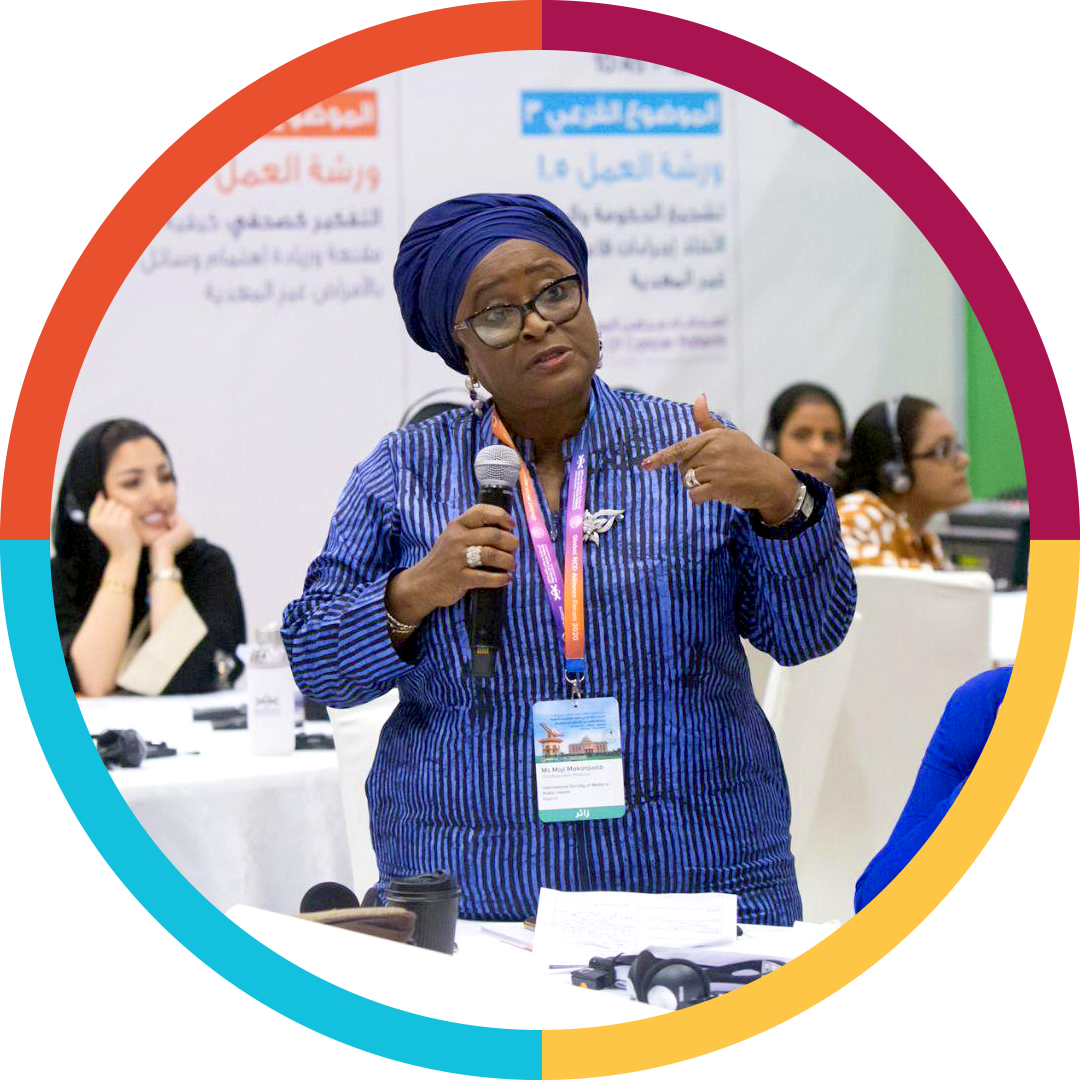If you're a journalist or media professional who would like an interview, please contact:
-
Michael Kessler NCD Alliance media consultant
michael.kessler@intoon-media.com -
Jimena Marquez NCD Alliance Communications Director
jmarquez@ncdalliance.org
If you’d like information, quotes or events to cover, please read on.
The Global Week for Action on NCDs is a global campaign led by the NCD Alliance - uniting civil society, relevant private sector organisations, NGOs, decisionmakers and people living with chronic illnesses (NCDs) around a specific theme.
Explore more about NCDs and this year's care theme and get access to resources for your news story below.
"Each year the Global Week for Action on NCDs campaign is testament of a mobilised and strong civil society calling for urgent action. We have the commitments and the solutions to create a healthier world for all. This is a crucial moment for governments and decision-makers to turn intent into action. It’s time to lead on reducing the NCD burden globally.”
“The brutal fact is that, for many people in the world, the chances of surviving an NCD depend heavily on the ability to pay. To change this, we are calling on decision makers ahead of the 2025's High-Level Meeting on NCDs to fulfil their commitments and take bold action.”
“This year offers us a exceptional opportunity to make a lasting difference in the lives of people living with NCDs. 2025's United Nations High-Level Meeting on Noncommunicable Diseases is THE place for governments to align their commitments to deliver the needed investment in equitable and accessible health systems for all. The time to take the lead is now!"



